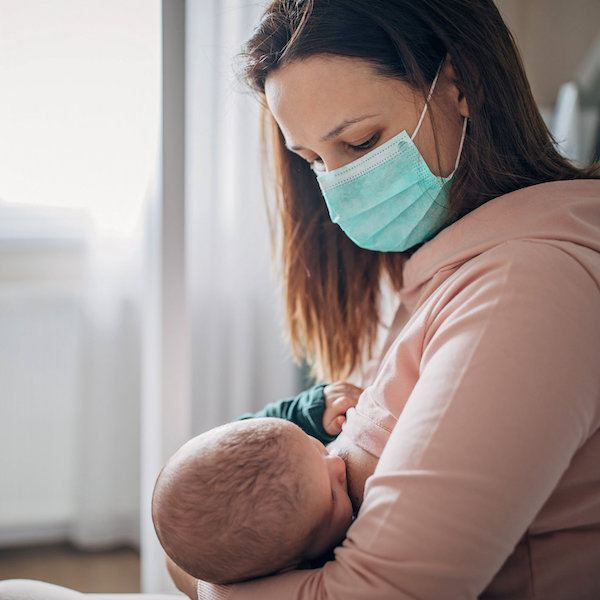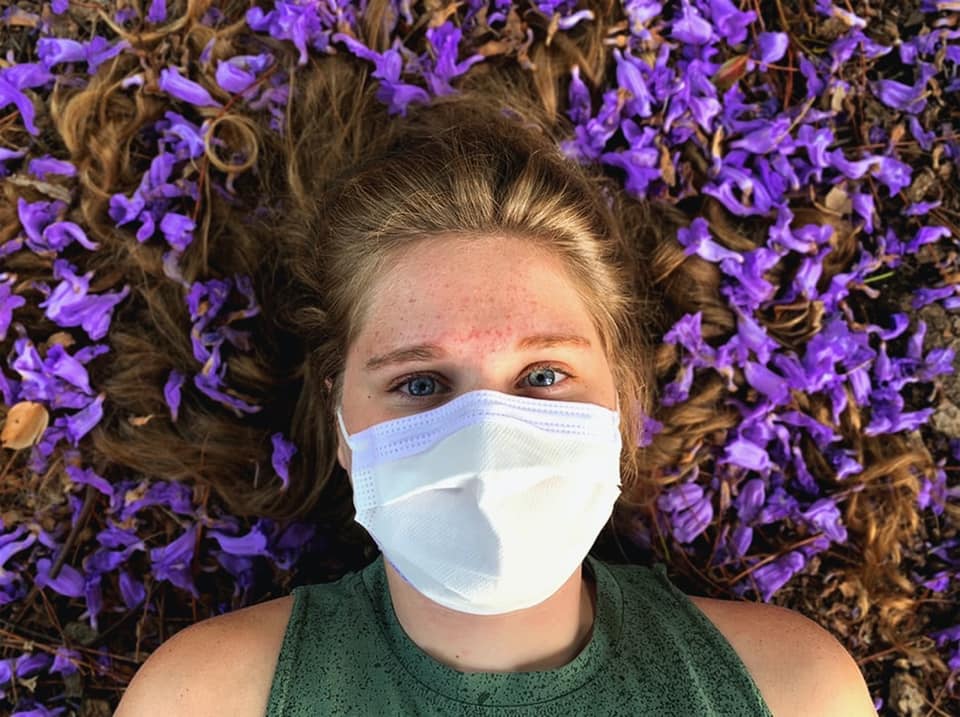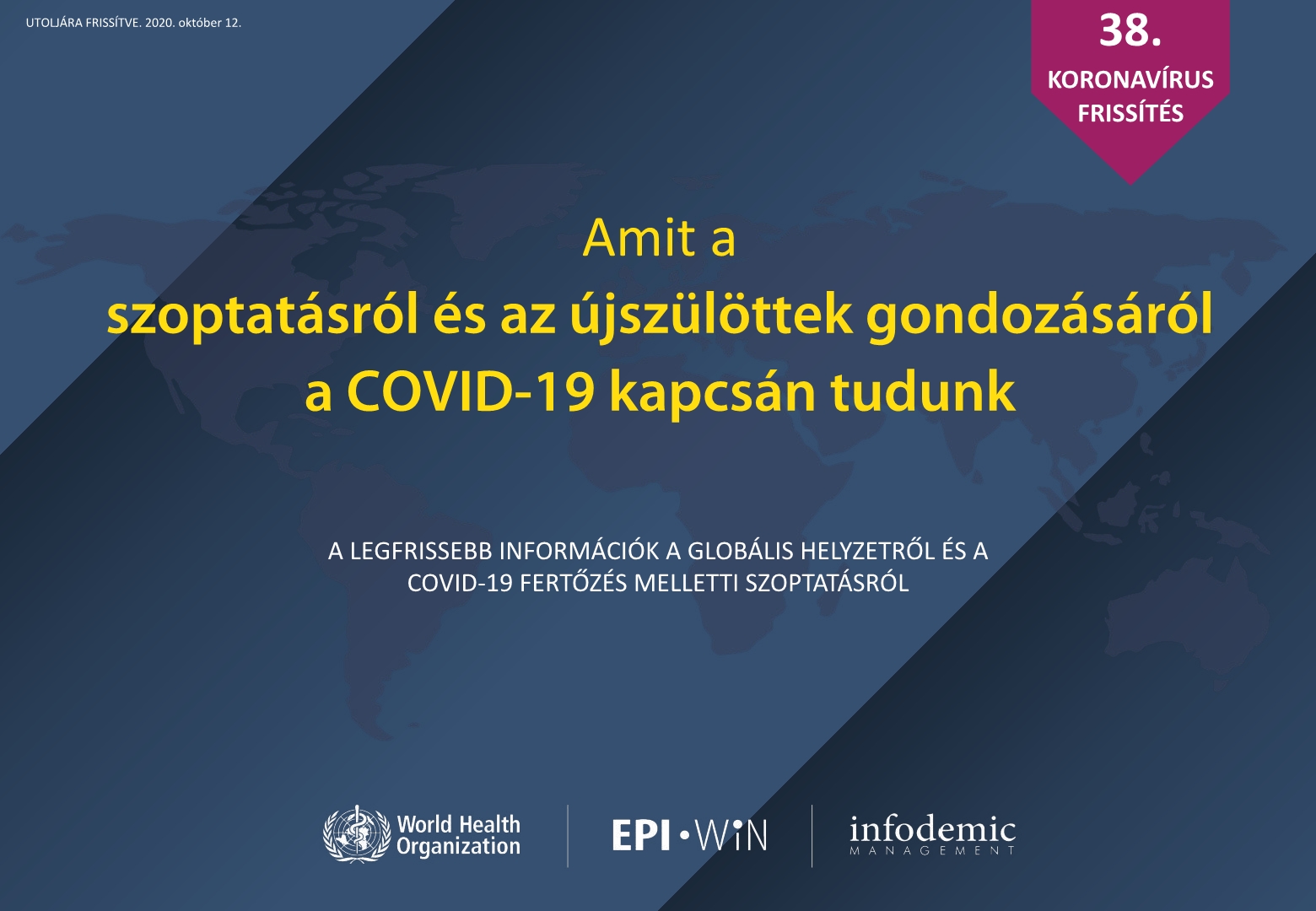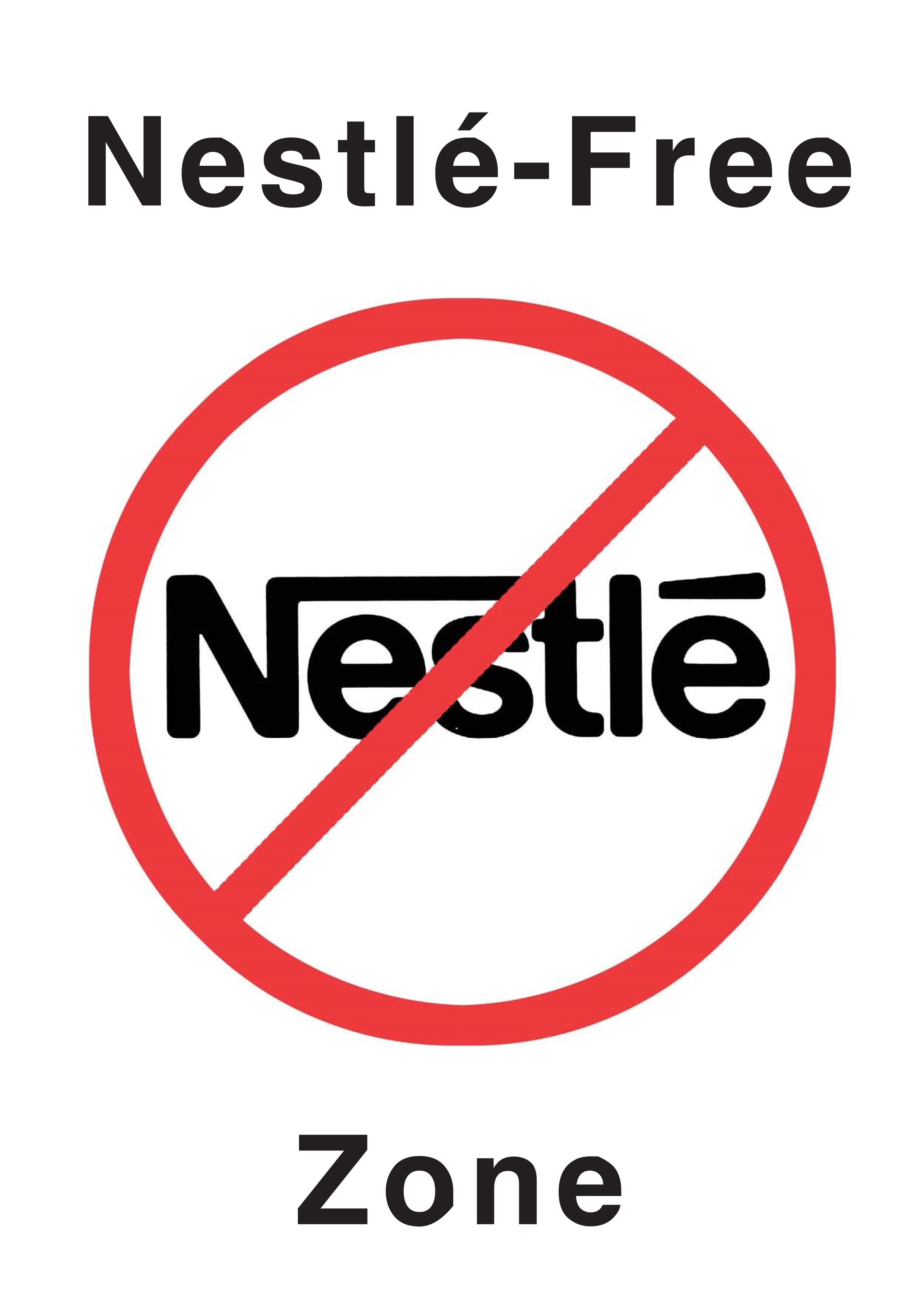COVID-19 és várandósság, szoptatás, csecsemőkor
 A COVID-19-fertőzést követően a tünetek elmúltával, illetve a védőoltás után nem szükséges késleltetni a gyermekvállalást, bármikor vállalható várandósság.
A COVID-19-fertőzést követően a tünetek elmúltával, illetve a védőoltás után nem szükséges késleltetni a gyermekvállalást, bármikor vállalható várandósság.
A várandósság önmagában nem jelent nagyobb veszélyt a koronavírus által történő megfertőződésre. Bár a legtöbb várandósnak fertőzés esetén csupán enyhe tünetei vannak, nagyobb számban alakulhatnak ki náluk - különösen a terhesség késői szakaszában - súlyos tünetek, mint a nem várandósoknál.

 Az egészségügyi ellátás a veszélyhelyzet ideje alatt az ún. “egészségügyi válsághelyzeti ellátás” szabályai szerint zajlik. Ez jelent néhány fontos eltérést az egészségügy normál működésétől. Nem jelenti azonban azt, hogy a szülő nő mellett ne lehessen kísérő, hogy automatikus lenne a császármetszés, és azt sem, hogy anyát és babát elválaszthatják egymástól a kórházban.
Az egészségügyi ellátás a veszélyhelyzet ideje alatt az ún. “egészségügyi válsághelyzeti ellátás” szabályai szerint zajlik. Ez jelent néhány fontos eltérést az egészségügy normál működésétől. Nem jelenti azonban azt, hogy a szülő nő mellett ne lehessen kísérő, hogy automatikus lenne a császármetszés, és azt sem, hogy anyát és babát elválaszthatják egymástól a kórházban.  A mellékelt dokumentum, amelyet az Egészségügyi Világszervezet adott ki 2020. október 13-án, rövid, egyszerűen érthető formában tartalmazza mindazokat az információkat, amiket jelenleg tudunk a COVID-19 fertőzés melletti szoptatásról.
A mellékelt dokumentum, amelyet az Egészségügyi Világszervezet adott ki 2020. október 13-án, rövid, egyszerűen érthető formában tartalmazza mindazokat az információkat, amiket jelenleg tudunk a COVID-19 fertőzés melletti szoptatásról. Ted Greiner: Alcohol and Breastfeeding, a review of the issues. World Nutrition 2019;10(1):63-88
Ted Greiner: Alcohol and Breastfeeding, a review of the issues. World Nutrition 2019;10(1):63-88 Magyarországon a nők jó része szoptatja a kisbabáját, így becslésem szerint legalább nyolcvanezer szoptató nő él egy időben az országban. Ők is lehetnek betegek, eltörhet a lábuk, fájhat a foguk, lehet arcüreg gyulladásuk és így tovább. Szükségük lehet röntgenvizsgálatra. Mire számíthatnak? Abba kell hagyniuk a szoptatást?
Magyarországon a nők jó része szoptatja a kisbabáját, így becslésem szerint legalább nyolcvanezer szoptató nő él egy időben az országban. Ők is lehetnek betegek, eltörhet a lábuk, fájhat a foguk, lehet arcüreg gyulladásuk és így tovább. Szükségük lehet röntgenvizsgálatra. Mire számíthatnak? Abba kell hagyniuk a szoptatást?